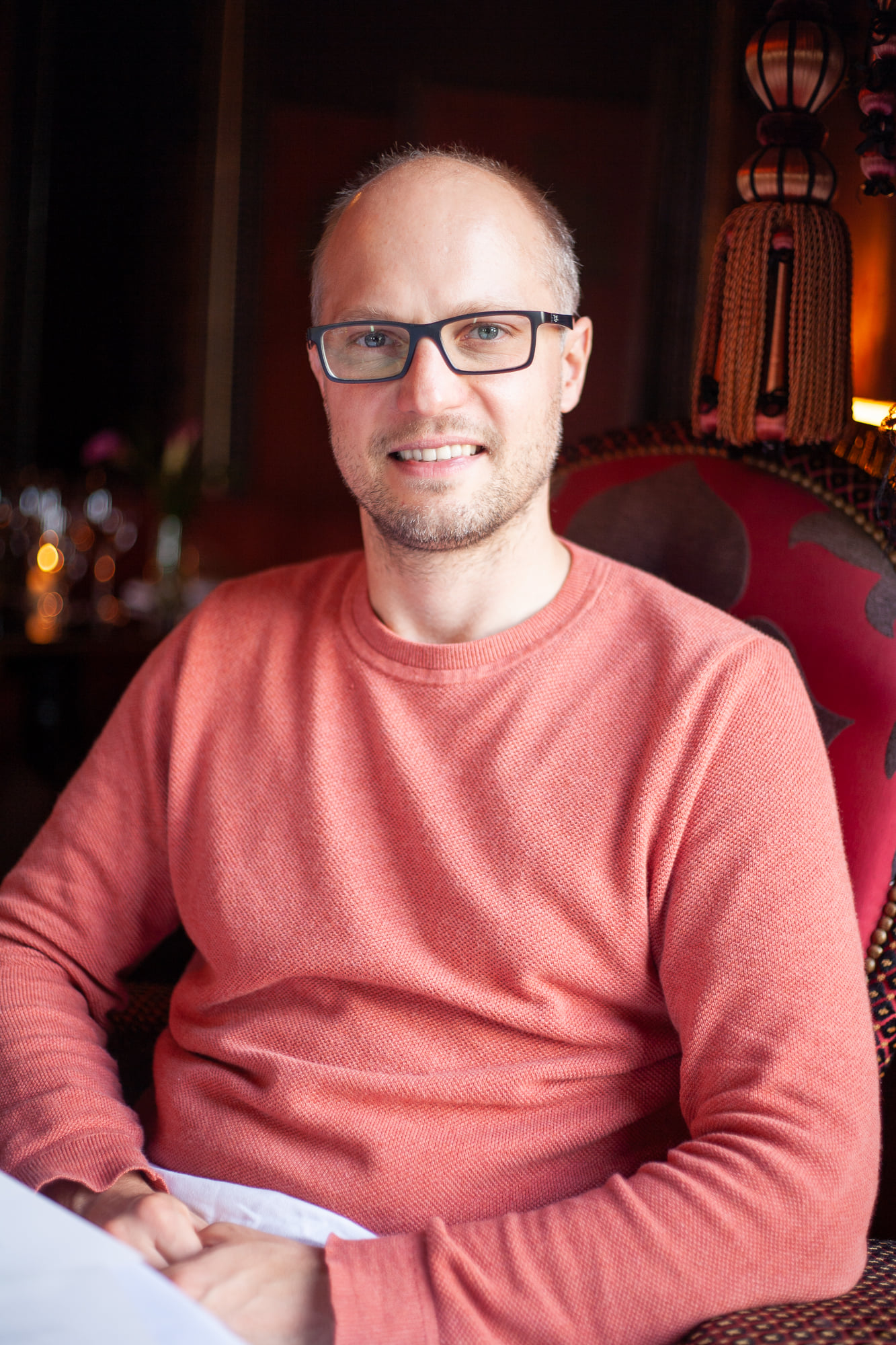About me
Dr Rémi Zallot, FHEA
Lecturer in the Department of Life Sciences at Manchester Metropolitan University.
Address:
John Dalton Building
Chester Street
Manchester, M1 5GD
United Kingdom
Interests and expertise
My work focuses on deepening our understanding of microbes with the ultimate goal of enhancing human health.
I employ a multidisciplinary approach that merges bioinformatics — specifically, comparative genomics and genomic enzymology — with experimental validation techniques drawn from various disciplines such as microbiology, genetics, and biochemistry. The strategy I use allows me to identify and decipher the biological function of uncharacterised genes, enzymes, and transporters that are important for health improvement.
I also contribute to the advancement of bioinformatics tools and provide support for their effective use. This aims to empower researchers to generate meaningful hypotheses easily.
As an educator, I strive for effective learning. I aim to foster an environment that stimulates intellectual curiosity, deep understanding, and skill development. I’m committed to equipping my students with the necessary tools and knowledge to become the professionals they aspire to be.
Initial training and previous work
Trained as a biologist at the Université de Bordeaux, France, I specialised in Biochemistry during my Licence in Biology, further delving into Plant Biology and Biotechnology during my Master’s degree. My academic journey culminated in a PhD from the Laboratoire de Biogenèse Membranaire, where I defended my thesis on “Identification and characterization of a lipase expressed during Arabidopsis thaliana reserves hydrolysis” in 2011.
Drawn by the investigative power of comparative genomics, I joined the Microbiology and Cell Science Department at the University of Florida, USA. Here, I contributed to characterising genes involved in B vitamin metabolism and tRNA modification metabolism in plants and microbes until 2016.
To further my bioinformatics skills, I joined the Enzyme Function Initiative team at the Carl R. Woese Institute for Genomic Biology (IGB), University of Illinois at Urbana-Champaign. There, we enhanced the capabilities of the Enzyme Function Initiative webtools and provided training to biologists, facilitating hypothesis generation. My research concentrated on characterising genes from the gut microbiome until 2019.
Securing a Marie Skłodowska-Curie Individual Fellowship, funded by the European Commission’s Horizon 2020 program, I returned to Europe to conduct the deCrYPtion action (ID 839116) at Swansea University Medical School, UK. This project, titled “Decrypting Mycobacterium cytochrome P450 (CYP) physiological functions”, utilized large-scale comparative genomics analysis. Concurrently, I completed the Teaching in Higher Education Postgraduate Certification programme at Swansea, becoming a Fellow of the Higher Academy Education (FHEA).
In the subsequent years, I expanded my experience as a Research Associate at the Manchester Institute of Biotechnology (MIB), an affiliate of The University of Manchester, until 2023.
Since June 2023, I have been serving as a lecturer in the Department of Life Sciences at Manchester Metropolitan University, nurturing the next generation of scientists and researchers.
